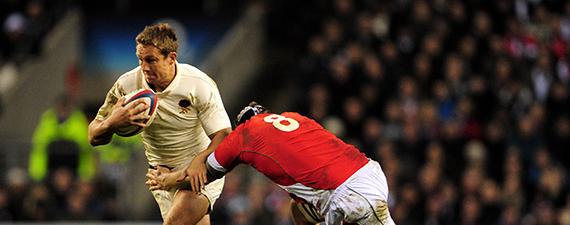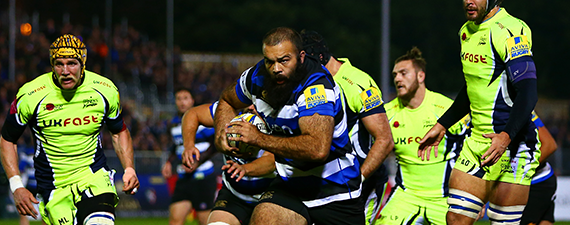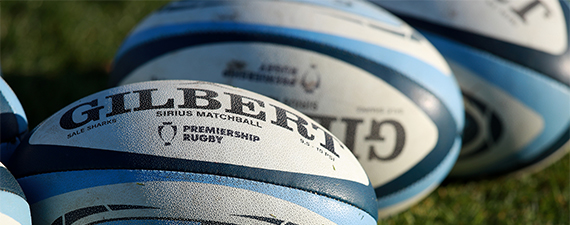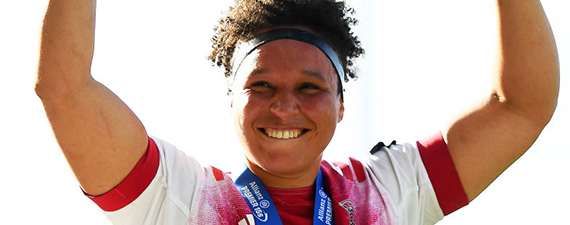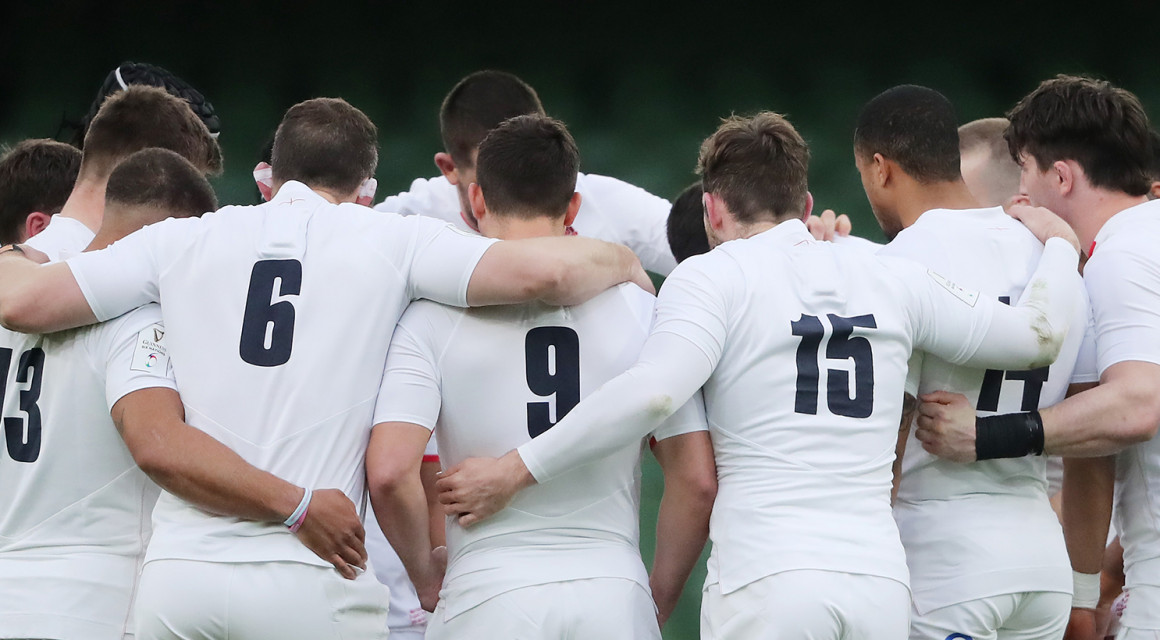LIFTTHEWEIGHT
Welcome to the Lift the Weight hub. Here you will find videos, advice and links related to a range of mental health issues that may affect you, or somebody you know.
One in four people in the UK will be affected by mental illness in any year, with the most common being depression and anxiety. Often the pressures and strains that can act as a catalyst to mental health issues are magnified for professional sportspeople.
From coping with injury and intense pressure to performing week in, week out, to facing constant media scrutiny and meeting the high expectations of fans, players experience a unique set of pressures. Despite a number of high-profile elite athletes speaking out about their own struggles with mental health, the stigma around these issues remains.
Don’t suffer in silence. Lift the weight.
If you are an RPA member, you can access the RPA Confidential Counselling Service delivered by Sporting Chance by calling 077800 08877
If you need support for your own mental health or are concerned about a friend or family member and you are not a member of the Rugby Players Association further information and support is available from:
Mind
We’re Mind, the mental health charity. We provide advice and support to empower anyone experiencing a mental health problem. We offer a range of support including a confidential Infoline, free information resources and support through our network of local Minds.
Website: http://www.mind.org.uk/
Mind Infoline: 0300 123 3393
Lines are open 9am to 6pm, Monday to Friday (except for bank holidays).
Email: info@mind.org.uk
Samaritans
Samaritans offer a 24 hours a day, 365 days a year confidential, free helpline. You don’t have to be suicidal to call it.
Website: http://www.samaritans.org/
Helpline: 116 123
Email: jo@samaritans.org
Your GP, NHS 111 or 999
